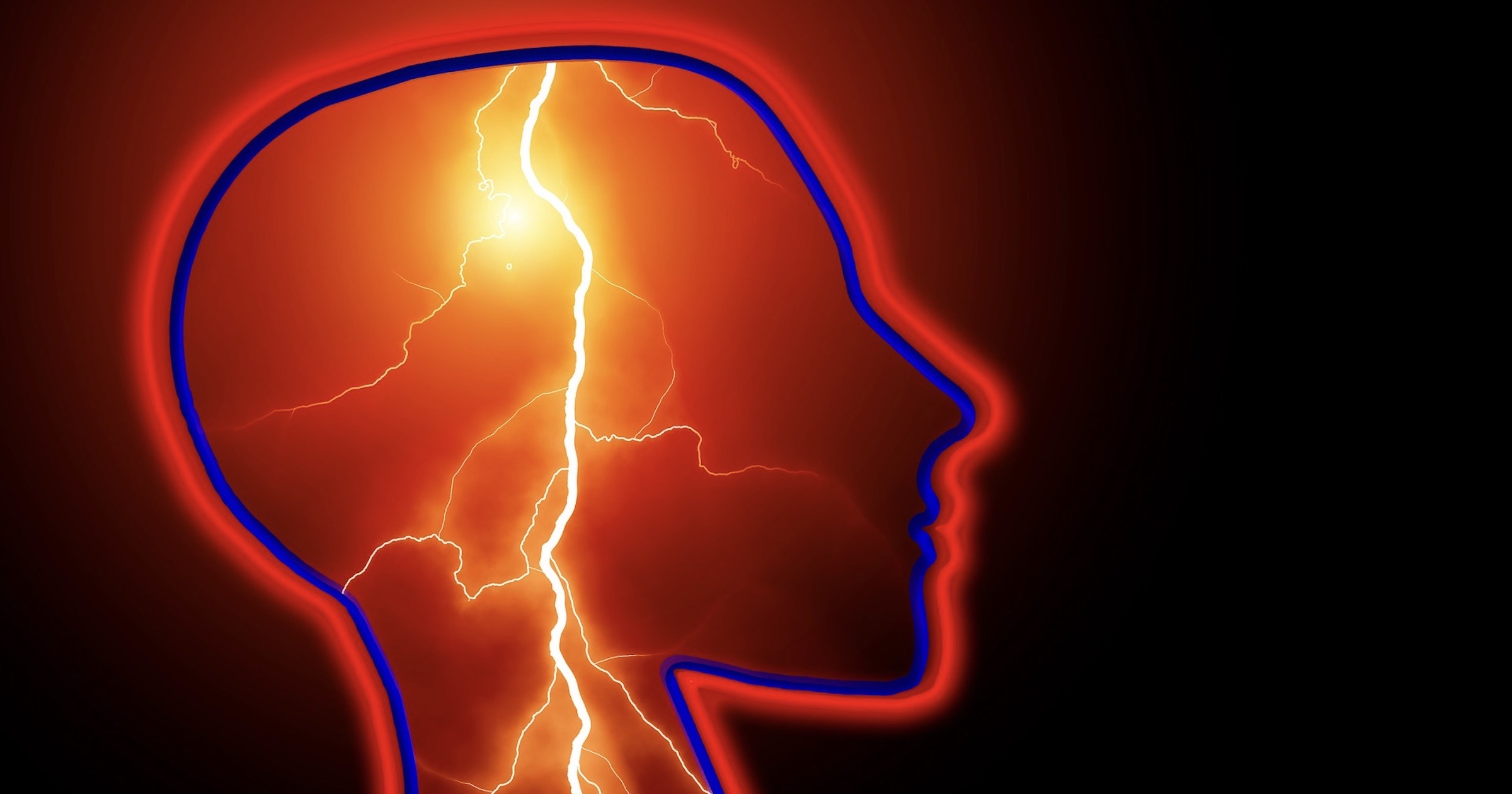 Neuroscience & Mind
Neuroscience & Mind
If Materialists Are Right About the Brain, Why No “Morality Seizures”?

Neuroscientist Michael Egnor explains, “Why, as a Neurosurgeon, I Believe in Free Will.”
In his classic book, Mystery of the Mind, (1975) epilepsy surgery pioneer Dr. Wilder Penfield, asked a significant question: “Why are there no intellectual seizures?”
Epileptic seizures can be experienced in a variety of ways — convulsions of the whole body, slight twitching of a muscle, compulsive memories, emotions, perceptions of smells or flashes of light, complex motor behaviors such as chewing or laughing or even walking, or subtle moments of inattention.
But seizures never have intellectual content. There are no intellectual seizures, which is odd, given that large regions of the brain are presumed by neuroscientists to serve intellectual thought. It is all the more remarkable when we consider that seizures commonly originate in these “intellectual” areas of the brain. Yet the outcome is never intellectual seizures.
An intellectual seizure would be a seizure that caused abstract thought, such as logic, or reasoning, or mathematics. People never have, for example, mathematics seizures — seizures in which they involuntarily do calculus or arithmetic. This observation, which is as true today as it was in Penfield’s time nearly a century ago, begs for explanation.
Penfield concluded, quite reasonably, that this was because intellectual thought didn’t come from the brain. Intellectual thought (Penfield called it “mind”) is an immaterial human power. There is more to the mind than matter. Penfield began his career as a materialist. He ended it as a convinced dualist. There was, he noted, an aspect of mental function that wasn’t a material product of brain chemistry.
Higher intellectual functions don’t have wholly material causes. There is an immaterial aspect — a spiritual aspect — to the human soul that can be demonstrated by science, and it leaves its signature, sadly, in this peculiar aspect of epilepsy.
My own experience is the same as Penfield’s. I’m a neurosurgeon, and I’ve treated thousands of patients with seizures. I’ve never seen an intellectual seizure. During a seizure, patients experience all sorts of things, from total loss of consciousness and shaking of the whole body to the most subtle muscle twitch or a moment of inattention. But patients never think abstractly as a part of the seizure. There has never been a report in the medical literature of an intellectual seizure….
Why don’t we have morality seizures? Why don’t people with epilepsy occasionally have seizures in which they repeatedly keep the Sabbath or involuntarily honor their father and mother or compulsively don’t covet? This never happens.
Read the rest at Mind Matters, published by Discovery Institute’s Bradley Center.
